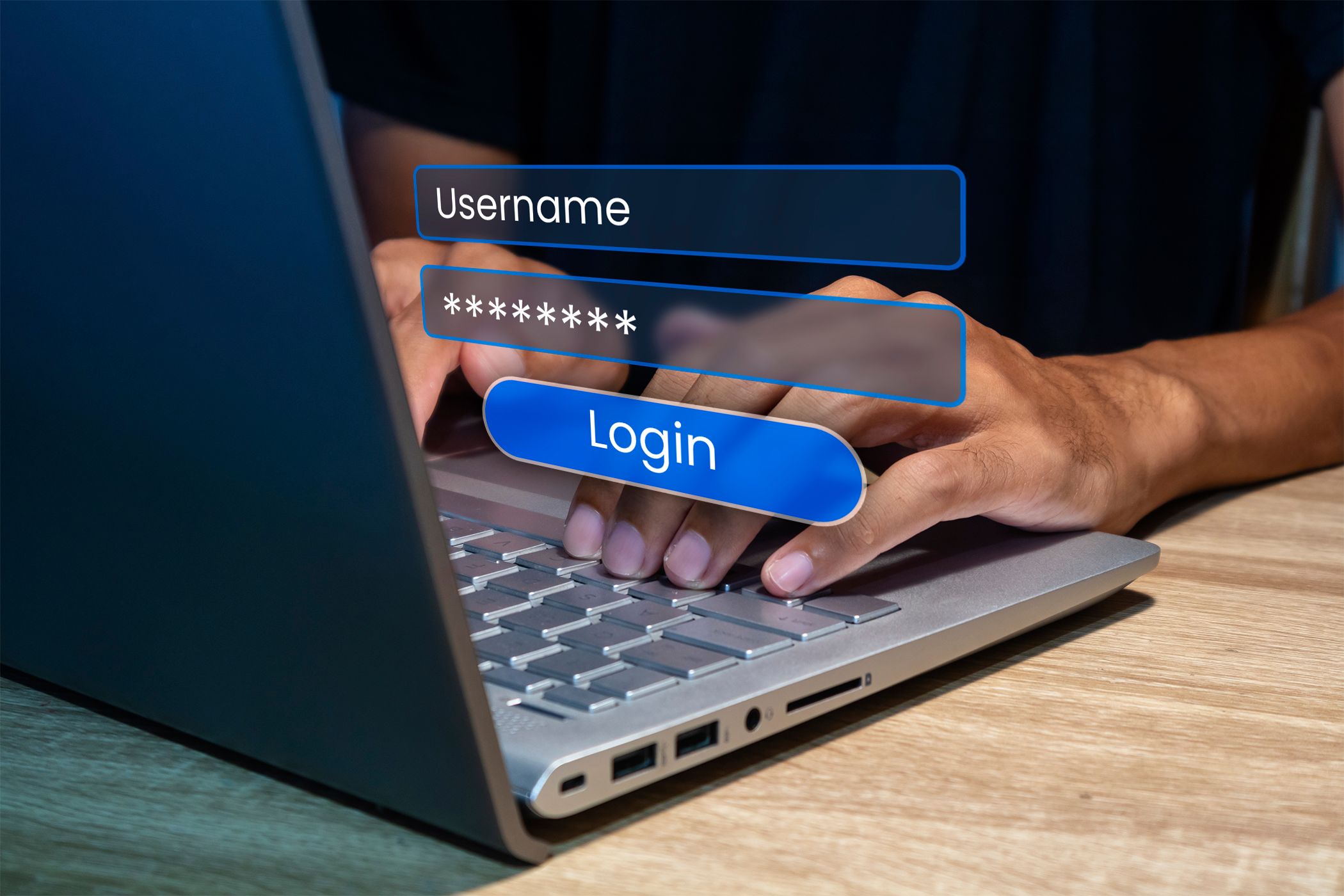
Summary
- Passwords are the barrier between your information and hackers; therefore, they need to be stringently protected and kept secure at all times.
- Password managers are there to assist users in generating complex passwords that are difficult to predict; these can be created and stored through the password manager, which autofills them on the user’s behalf.
- It is advised to create a long and unique master password to unlock the password manager that only the user would know but is easy for them to remember.
- Two-factor authentication is another security measure, which requires a second step of the login process, making it harder for hackers to break in; this could be a code sent to the user’s phone or generated by an authenticator app.
- It is not necessary to change passwords regularly; instead, focus on updating them when necessary, such as after a breach, suspicious activity, or if the password manager alerts the user to any compromised or reused passwords.
Reviewing old and unused accounts and updating passwords to something unique and random could improve security.
- With a password manager and two-factor authentication in place, the user’s security has already been enhanced, and occasional checks/updates are needed.